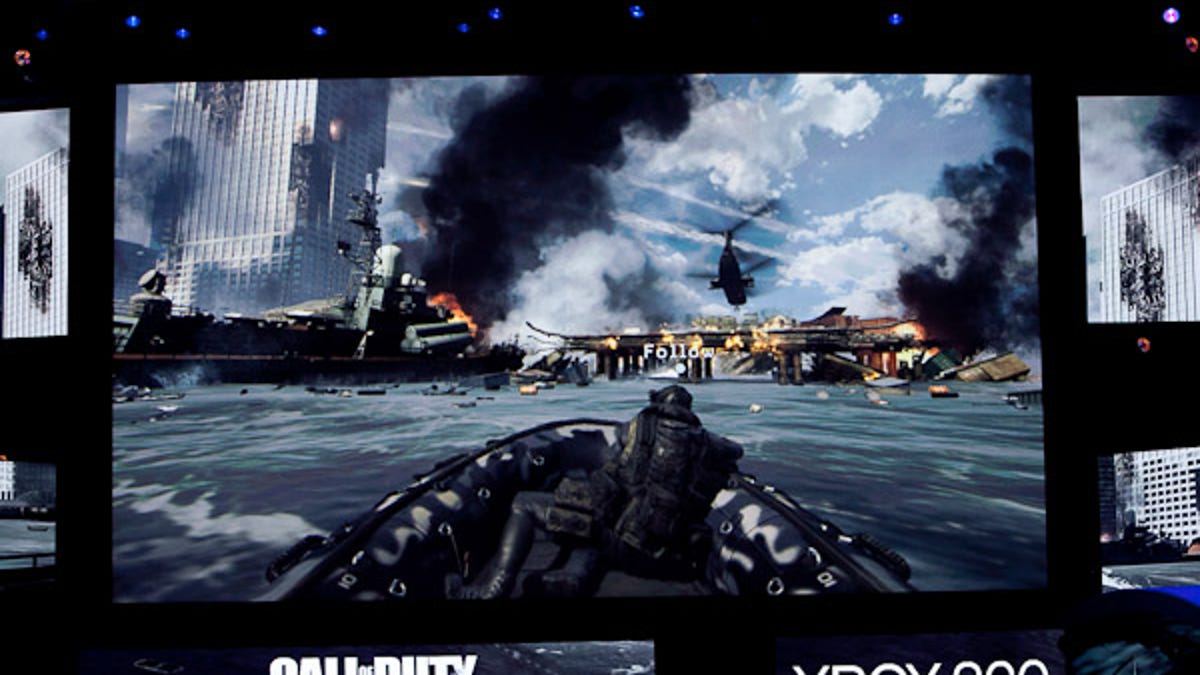E3 2011: Three is a magic number
If you've got a hot game on display at E3 this year, there's a good chance it's got the number 3 after the title.

LOS ANGELES--Look around the halls of E3 2011, and you might notice something strangely similar about many of the most-hyped games on display. There's Battlefield 3, Call of Duty: Modern Warfare 3, Gears of War 3, Uncharted 3, and Mass Effect 3. BioShock Infiniteis the third game in that series, and Skyrim is the third modern/console version of an Elder Scrolls game (technically, it's the fifth game in the series, as there were a couple of prior PC games back in the '90s). We've also spotted Saints Row: the Third, Serious Sam 3, and Ninja Gaiden 3, Deus Ex: Human Revolution (the third game in that series), and there are probably a few others I've missed.
This collection of third-timers is partially a coincidence, and partly indicative of the industry's addiction to sequels. With production and advertising budgets at or near what Hollywood movie studios have been spending for years, there's a natural, and very understandable, attraction to finding a successful formula and sticking with it.
A trilogy is also a familiar construct from the larger media world that consumers are comfortable with, and the format is useful for putting together a compelling story arc over the course of three films or novels. But while most movies quit after three outings, there's no doubt you'll be seeing a fourth chapter in many of the game franchises above within a year or two.
If all this sounds familiar, that's because this article itself is a sequel of sorts. During E3 2010, I wrote a piece titled "E3 exposes video game industry's sequel problem," and offered another partial explanation for the lack of originality in many games.
Its overly simplistic to blame a conceptual lack of originality for the deficit of new ideas, stories, and characters. Video games generally don't function under the auteur theory that many of the best films do, crafted by a singular creative vision (with a few high-profile exceptions); instead they more often are the ultimate example of art by committee. Game developers essentially create "work for hire" on behalf of publishers, which in turn resemble nothing so much as the classic 1940's Hollywood studio system, where studio bosses pulled the strings and set the agenda.
Whether the reasons for this overreliance on sequels are primarily economic, creative, or some combination, there's a very good chance you'll see the third version of a story much like this next year at E3 2012. However, Microsoft deserves special credit for breaking the trilogy streak this year. In the closing moments of its E3 press conference, the company teased an upcoming game we're sure to hear more about next year: Halo 4.

